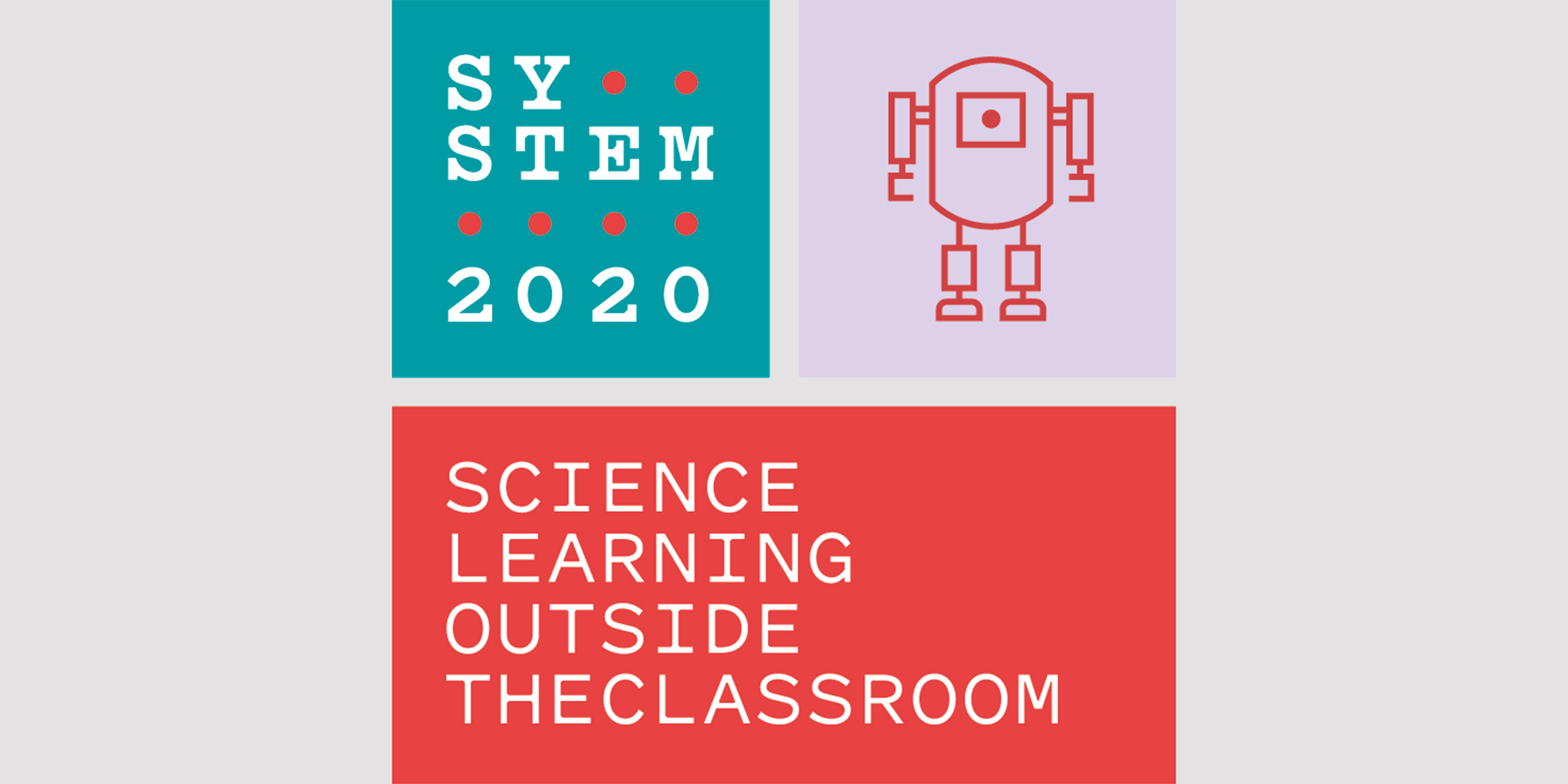Discover how learners involvement with out of school science education has allowed them to expand their knowledge and adapt with the changing world around them.
WAAG: Digital fabrication with young makers
Maker education is a creative way to help children become inventors. It stimulates thinking, practical skills and the heart. In Amsterdam, children can come to one of eight different locations of Maakplaats021, to learn everything about digital fabrication, join the maker movement and develop 21st-century skills. How do the children in the makerspace experience this themselves? And what do they learn from it? They are happy to share their experiences!
In the Maakplaats021, which is a collaboration between Waag, OBA, Hogeschool van Amsterdam and Pakhuis de Zwijger, children are learning to become inventors of their own creations.
Video
KERSNIKOVA INSTITUTE: Providing the tools to explore
Kersnikova Institute prides themselves in the fact that children and youth would rather spend Friday evenings in their Makerspace Wet Lab Gallery than anywhere else. They have achieved that through their programme “Friday Academy”, where children aged 7-15 hack, investigate and learn about an array of topics, such as biotechnology, artificial intelligence, wearable technology, and explore art projects that encapsulate these topics.
Video
MUST: Transforming with energy
Everyday school students, teachers and visitors come to the Interactive Lab “Energy and Environment”, one of the interactive spaces of the National Museum of Science and Technology Leonardo da Vinci in Milan, Italy. In the lab the public and young learners are invited to take part in experimental workshops, taking one or two hours to complete. During these workshops, they will directly manipulate tools and materials helping them to explore the science of energy.
During a recent workshop, Martina, Edoardo and their school mates, discovered the possible transformations that can be made with energy.
Video
ARS ELECTRONICA: A new and confusing world
Simon, Xana and Adam translated the open lab experience in a short film with a very special narrative as the documentation for create your world festival at Ars Electronica 2019
Simon and his crew wanted to show their world through the lens of someone with a different generational perspective. Emily’s grandpa usually lives in an analogue world. He is stunned when he enters the big festival hall for the first time. Many impressions are overwhelming for him. He encounters his new surroundings in an increasingly closed manner, but this is when he discovers his rescue: a playful crossword that guides and helps him to better understand this new and confusing world.
Video
Science Gallery Dublin: Science and art collide
Through a cutting-edge programme that ignites creativity and discovery where science and art collide, Science Gallery Dublin encourages young people to learn through their interests.
OPEN MIND Studios are week-long programmes for students aged 15-16 year olds. The aim is to highlight the rich network of interconnections between science, the arts, culture, design, business and innovation.
These programmes give students the opportunity to develop 21st Century skills – creativity, critical thinking, collaboration and communication. The workshop sessions also offer the opportunity for students to interact with leading researchers, entrepreneurs and creative individuals and get an insight into the exciting career possibilities in these fields. Meet Sharuk, Ryan, and Molly who share the experiences they had attending the OPEN MIND Studios at Science Gallery Dublin.
Video
Video
Video
Center for the Promotion of Science: The forest of big questions
Children’s science camp is an annual program taking place during summer vacation in Belgrade, Serbia, where children in the company of their peers, spend free time engaged in science. This year, the camp’s theme was “the forest of big questions”, where children, aged 8 to 12, participated in fieldwork as real scientists. Accompanied by young researchers and science students, they spent three days in nearby Bajford forest, divided into teams, looking for the answers to questions they posed to themselves earlier – what wildlife is contained in this forest? How do humans interact with it? Is the stream’s water clean, and what does “clean” even mean? How do children view a forest like this one? What is the forest’s defining physical and chemical parameters?
Video
Video
LATRA: A view from above
LATRA, a local innovation lab in Greece, aims to empower refugee children and youth through out-of-school STEM (science, technology, engineering and maths) education, aimed at enhancing their cultural citizenship and integration in Europe’s 4th industrial revolution. During the ‘STEM empowerment’ project, developed by LATRA, unaccompanied refugee children and youth in Lesvos-Greece, created a video documenting their day.
During a visit to an olive oil factory, the five young learners – Parisha, Mahmoud, Elizabeth, Hamed, and Satar – had the opportunity to capture their experience from above using drones.
Video
Project Credits / Acknowledgements
SySTEM 2020 has received funding from the European Union’s Horizon 2020 Research and Innovation Programme under Grant Agreement no. 788317


